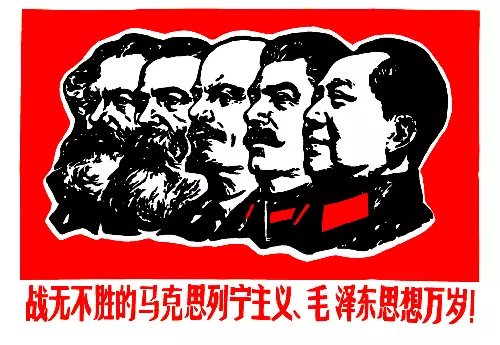This is another one that I haven't read before so I'm glad it's the next one we're covering. My weak point in understanding theory has also mainly been around the more detailed economic side. I often have some trouble understanding Marx's writing style, but I think the introduction by Engels helped me better understand some of the things that I've felt my understanding was lacking in.
In particular I found this passage helpful:
In the present state of production, human labour-power not only produces in a day a greater value than it itself possesses and costs; but with each new scientific discovery, with each new technical invention, there also rises the surplus of its daily production over its daily cost, while as a consequence there diminishes that part of the working-day in which the labourer produces the equivalent of his day’s wages, and, on the other hand, lengthens that part of the working-day in which he must present labour gratis to the capitalist.
In the next paragraph he states: "[the portion of value] which the capitalist class retains, and which it has to share, at most, only with the landlord class, is increasing with every new discovery and invention, while the share which falls to the working class (per capita) rises but little and very slowly, or not at all, and under certain conditions it may even fall".
Again, like one of the quotes that stuck out to me from our previous reading, I feel like it helped my understanding when the focus was put on the big picture. Sometimes the more detailed explanations about how value is generated get me thinking only about how this affects the worker in particular, and forgetting to think about how it affects the entire proletariat and bourgeoisie's development as classes. Of course the details are necessary to understand the whole larger concept, but I think these quotes helped keep my understanding on track.
I also appreciated these lines at the end of the introduction: "This condition becomes every day more absurd and more unnecessary. It must be gotten rid of; it can be gotten rid of. A new social order is possible [...] there will be the means of life, of the enjoyment of life, and of the development and activity of all bodily and mental faculties, through the systematic use and further development of the enormous productive powers of society, which exists with us even now".
I don't have more time today, so sorry if this post seems kind of disorganized, but those are my main thoughts. Looking forward to next week's thread.
